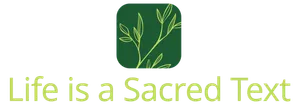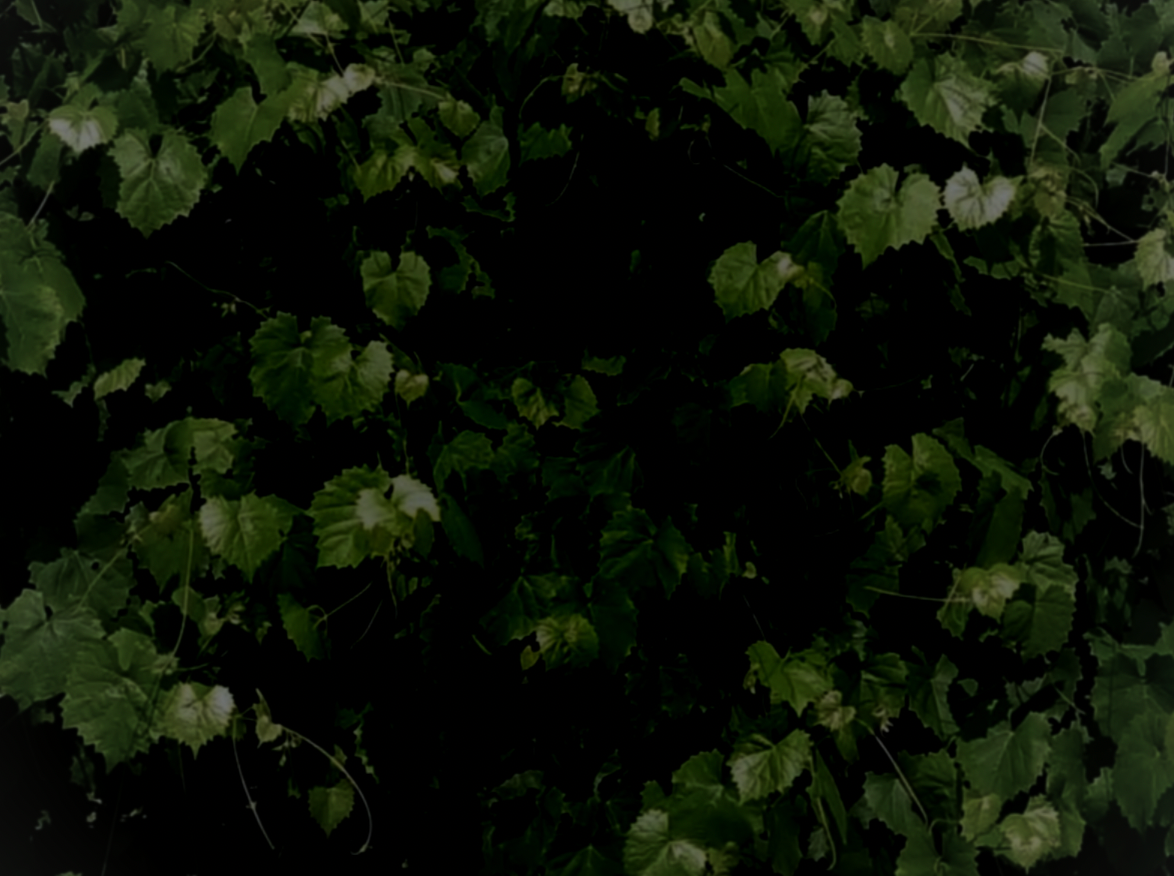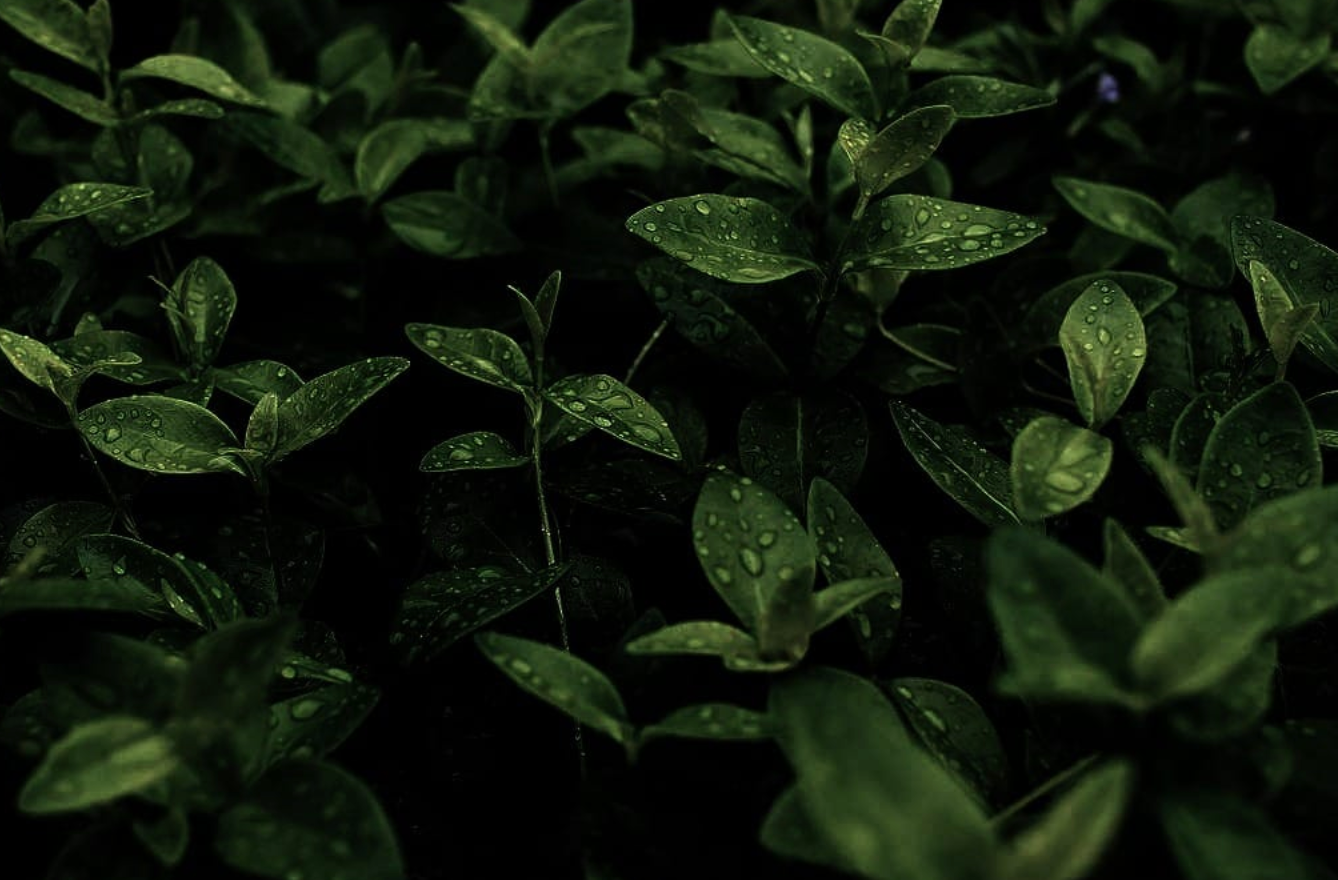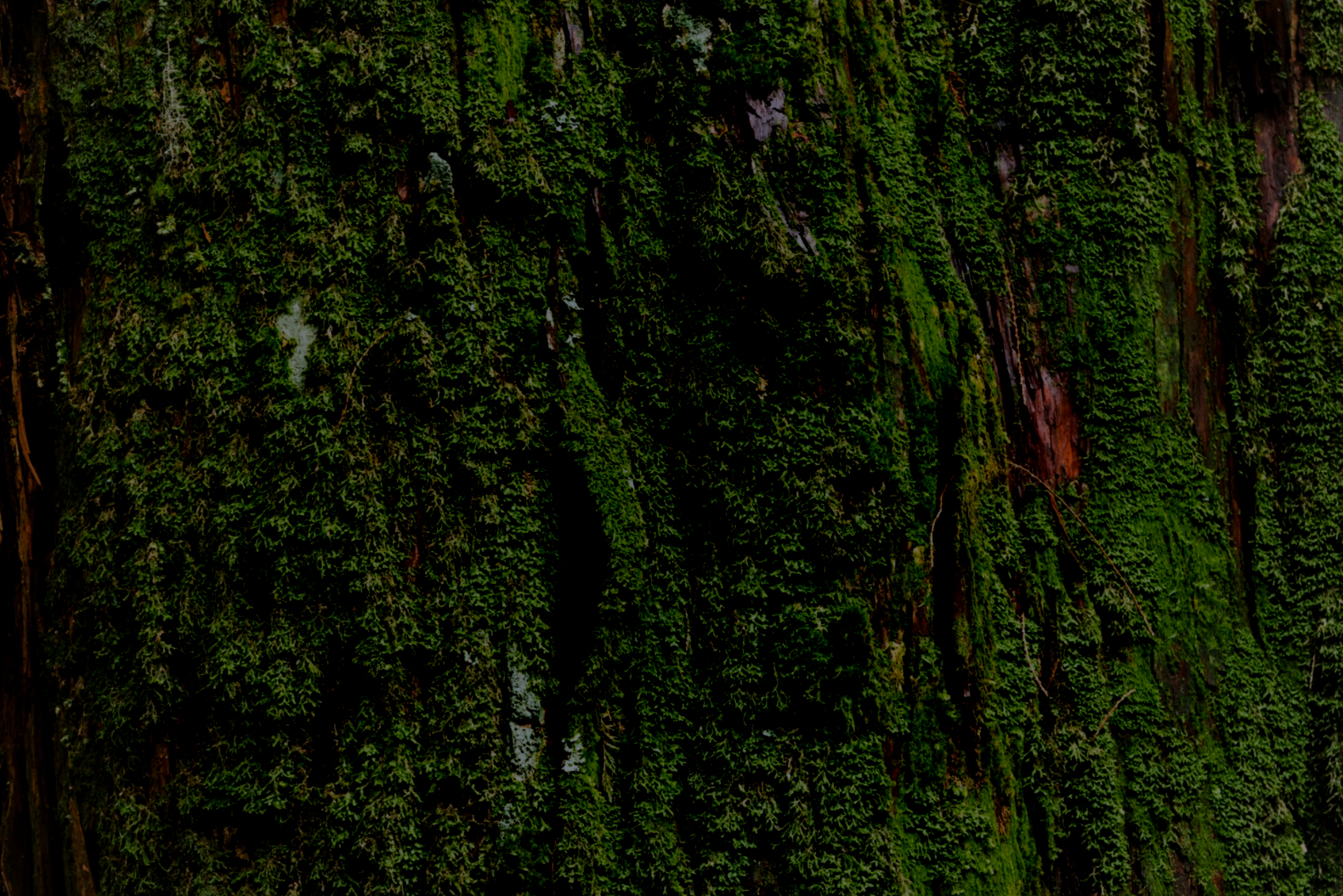read this instead
a party platter of bites for heart, brain and soul
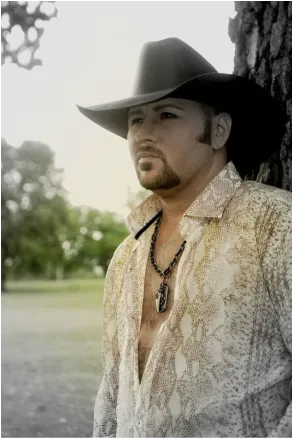
This is Life as a Sacred Text 🌱, an everybody-celebrating, justice-centered voyage into ancient stories that can illuminate our own lives. It‘s run on a nonprofit, so it’s 100% NAZI FREE. More about the project here, and to subscribe, go here:
Welcome back to our semi-occasional feature in which a potpourri of stuff is… featured!🌟
Here are some happenings:
(Should I do this whenever there's a Read This Instead post?)
- Online, Weds, Sept 11th, Hadar Cohen teaches on Mizrahi and Sephardi experiences of antisemitism and Ashkenormativity, and creating pathways to a more whole communal future for everyone.
- Online, Thurz Sept 12th, the great folks at Jewtina y Co. will be presenting research from a study of Jewish adoptees of color. "This conversation intends to increase understanding of the intersections of adoption and religion, as well as provide a community-building opportunity for those whose lives have been touched by adoption."
- Chicago, Fri Sept 13th (this Friday night!) I'll be giving the drasha/sermon at Mishkan Chicago!
- In NYC and Online, Sun/Mon Sept 15-16: A conference "organized by and featuring formerly Orthodox Jewish scholars, activists, performers, and artists, as [they] explore the cultural achievements that emerged from this break with tradition."
- NYC, Sun Sept 22: Jewish languages of Brooklyn, a walking tour, led by the Endangered Language Alliance. "This unique walking tour focuses on a core zone around Ocean Parkway, featuring encounters with speakers of several Jewish languages and glimpses of Ashkenazi, Syrian/Levantine, North African, and Juhuri (Judeo-Tat) community institutions, including food and music."
- Online Sun Sept 22, 29, Oct 6: A 3-part series led by Laura Elkeslassy on the liturgical poems (piyyutim) from the High Holy Day season in the Moroccan nusach/musical motif, open to all.
- Boston, Thurz, September 26: I'll be teaching at the Lehrhaus in Boston– which, if you don't know, is an amazing Jewish " tavern and house of learning" that does all sorts of astonishingly inspired takes on global Jewish food and drink that landed it on a bunch of best-of lists in its first year and is soon to be expanding to DC.
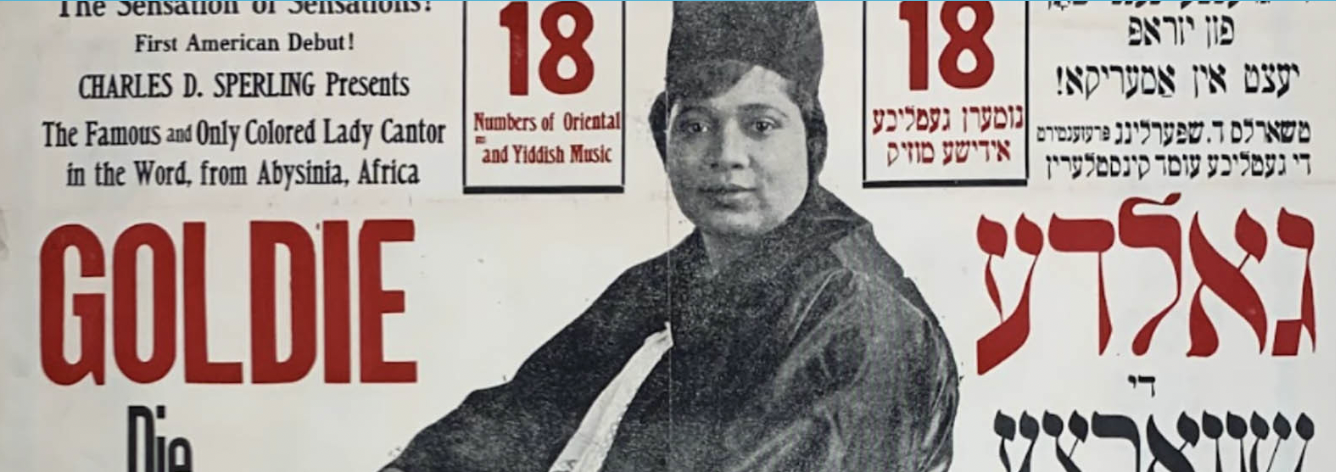
The work of public history, of honoring our trailblazers, continues.
Chazzan Gladys Mae Sellers first became known in NYC's Yiddish theater as “Madame Goldye Steiner” in the 1920's and 30's, and eventually became the first known Black American woman cantor (a clergy person who leads / sings Jewish liturgy). And when she made her cantorial debut in 1924, she seems to be only the second known woman cantor at all, after Cantor Sophie Kurtzer in 1920.
She was, this summer, finally honored with a grave marker thanks to Jewish singer and community leader Shahanna McKinney Baldon.
Her story is fascinating (more here and here– content note: outdated, now-racially offensive language– and more about the work to preserve her legacy here.)
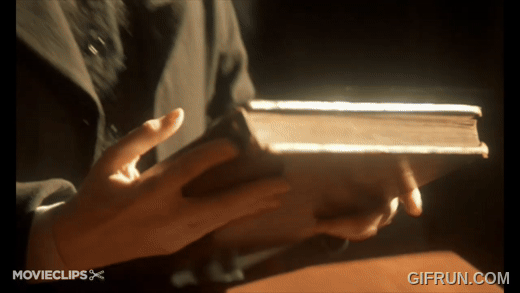
Speaking of honoring our trailblazers,
did you know that Isaac Bashevis Singer said that he based his story "Yentl the Yeshiva Boy" on his actual real-life sister Esther Kreitman, who was also a writer? She published several novels, a short story collection and other works, translated Dickens and Shaw into Yiddish, ran a literary journal and was active in socialist circles. Her semi-autobiographical novel, Der Sheydim Tants, about growing up in a Hasidic family and life in Poland before WWI, is regarded as her masterwork.
Yentl was inspired by Kreitman's frustrated attempts to educate herself– though some have criticized Singer for it, since apparently he didn't do much to help his actual sister along her quest in real life. And her books were never even reviewed in Yiddish daily The Forward, for which both he and his brother worked.
In Der Sheydim Tants, Kreitman writes,
“In his heart of hearts, Reb Avram Ber disapproved of his wife’s erudition. He thought it wrong for a woman to know too much, and was determined that this mistake should not be repeated in Deborah’s case. Now there was in the house a copy of Naimonovitch’s Russian Grammar, which Deborah always studied in her spare moments, but whenever her father caught her at this mischief he would hide the book away on top of the tiled stove out of her reach, and then she would have to risk her very life to recover it.”
And risk she did, evidently– again and again. And now we can make the choice to become part of a deeper recovery process by reading her and telling her story.
More about her life here, and her books here and (begrudgingly) here.
by Kay Ryan
Tenderness and rot
share a border.
And rot is an
aggressive neighbor
whose iridescence
keeps creeping over.
No lessons
can be drawn
from this however.
One is not
two countries.
One is not meat
corrupting.
It is important
to stay sweet
and loving.
The work to undo the legacy we choose for ourselves continues, too.
That is to say, if you haven't heard: According to charges filed by the Department of Justice, Russia has been working to interfere in our elections again, whoo! This includes funding conservative social media influencers to parrot useful-to-them talking points and– get your shocked face ready–having agents pretend to be both media companies and people that they weren't in order to sow discord, disinformation, and divisiveness.
Including!
creating “a full-fledged three language” information project that would “target Jewish communities across the globe, first and foremost in Israel and the US.”
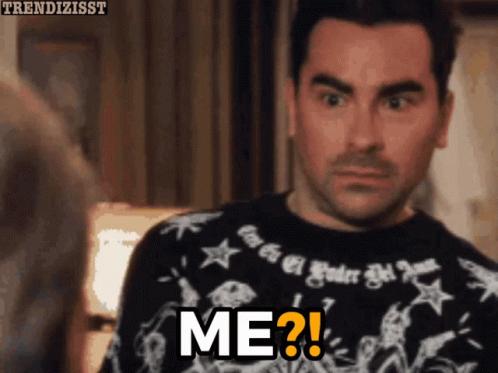
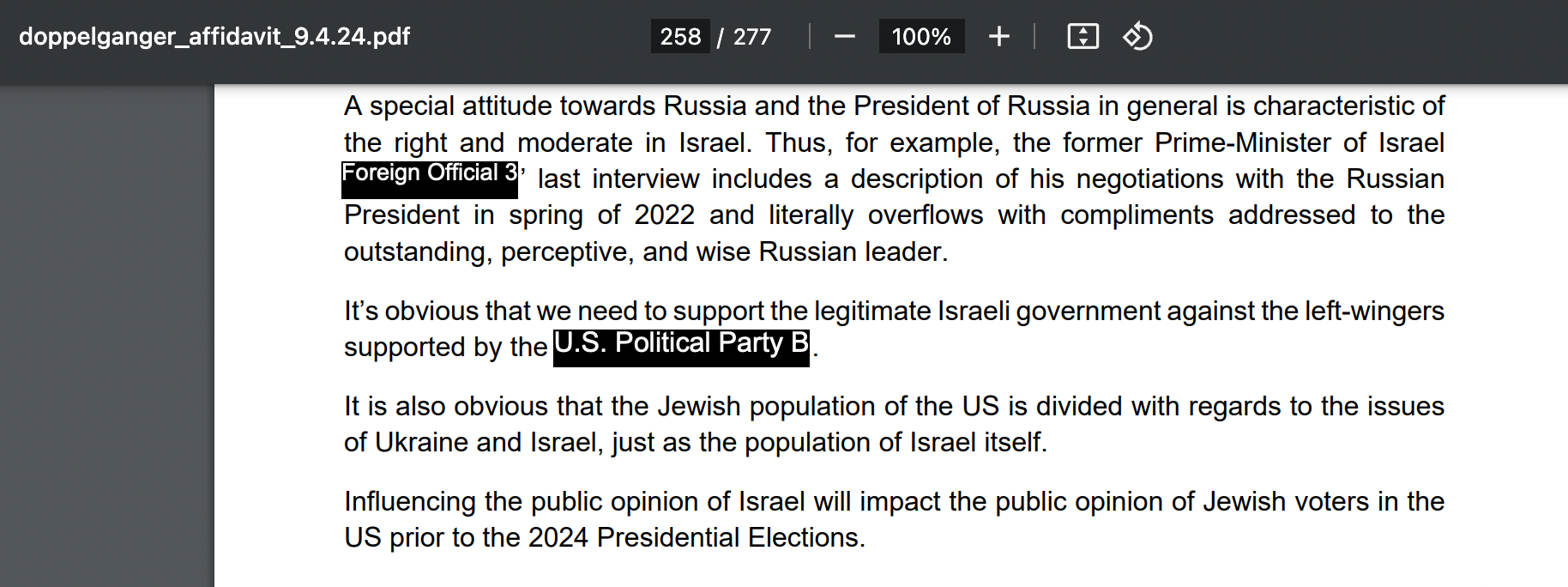
TL;DR if you are or have seen more progressive Jews being attacked viciously online by what appear to be more right-wing Jews or Israelis, it's entirely possible (probable? likely? ??) that they weren't real Yids Behaving Badly Online (can confirm that this also happens), but rather Kremlin actors hired to sow division. Hard to know?? Cool, cool.
In any case, the usual rules continue to apply: Take whatever you see and experience on social media with a rock formation of salt–
and if you don't like the idea of foreign governments tinkering with our election, phone bank, text bank, and canvass harder.
Recently, some early demos/tapes of the great Lou Reed (né Lewis Allen (Rabinowitz) Reed, z"l, have been found. This set of tracks from 1965 is wild; it's got some of the of the songs that would change the world as Velvet Underground-- but here, Reed sounds more like the folk mood of the day, more Dylan or Peter, Paul & Mary than he would after John Cale came into the picture. More on the story here and here, and the whole album at the link.


By Simone Hanchet
what is not sacred?
find me that thing and i will
hold it up for you
🌱
Liora Ostroff makes amulet prints and other art based on traditional Jewish forms, often working with powerful essays by Rabbi Abraham Joshua Heschel. Here are excerpts from Abraham Joshua Heschel’s essay “Dissent” arranged as an amulet. (Some of you may remember that we talked about amulets here.)
Scroll through the carousel to see the essay.
What Jewish Looks Like is a powerful intersectional anthology that lifts up Jewish heroes across time and geography– and though it's pitched at older elementary school kids, I found it legitimately moving, and learned a bunch of stuff, too. May be worthwhile no matter your age, but definitely a get if you have littles in your life. Order from here and tell them that you're with me in the checkout process and you'll get a signed book with two free prints in it as well. (!)
Here, have a gorgeous chant for the month of Elul from rabbi dr koach baruch (kb) frazier:
And lastly, this prayer/ poem by Rabbi Ariel Tovlev, which plays off of the blessing that we say over bread ("Blessed are You, God... who brings forth bread from the Earth.")
May we remember to use the wisdom we are given.

Amen, amen, amen.
🌱🌱🌱🌱🌱🌱🌱🌱🌱🌱🌱🌱🌱🌱🌱🌱🌱🌱🌱🌱🌱🌱🌱🌱🌱
Like this? Get more of it in your inbox every week. 🌱
For free every Monday—sign up at the ‘Subscribe now’ button just below.
And if you become a paid subscriber, that's how you can get tools for deeper transformation, a community for doing the work, and support the labor that makes these Monday essays happen.
A note on the subscription model:
I want my work to be as accessible to as many people as possible, in as many ways as possible. That's why the Monday essays are free, and why we donate subscriptions to anyone for whom paying is a barrier to the House of Study posts.
I also believe people should be paid fairly for their work. Needless to say, these two values sometimes seem to be in conflict, but I do what I can to find a fair balance. I offer many resources for free, and charge for others. When you donate generously or pay at the top of our scale, that helps support the work I do, provides access for those who have fewer resources, pays for the infrastructure and the technical and practical support that it takes to do this, and helps us keep the work sustainable.
And as always, if you want in to the Thursday space but paying isn't for you now, just email support@lifeisasacredtext.com and we'll hook you up.
And if you’d like to underwrite one of these donated subscriptions, you can do so by signing up at one of the higher subscription points.
And if it resonated with you, please share this post.
Sending a big pile of blessings and goodness your way. 💕
